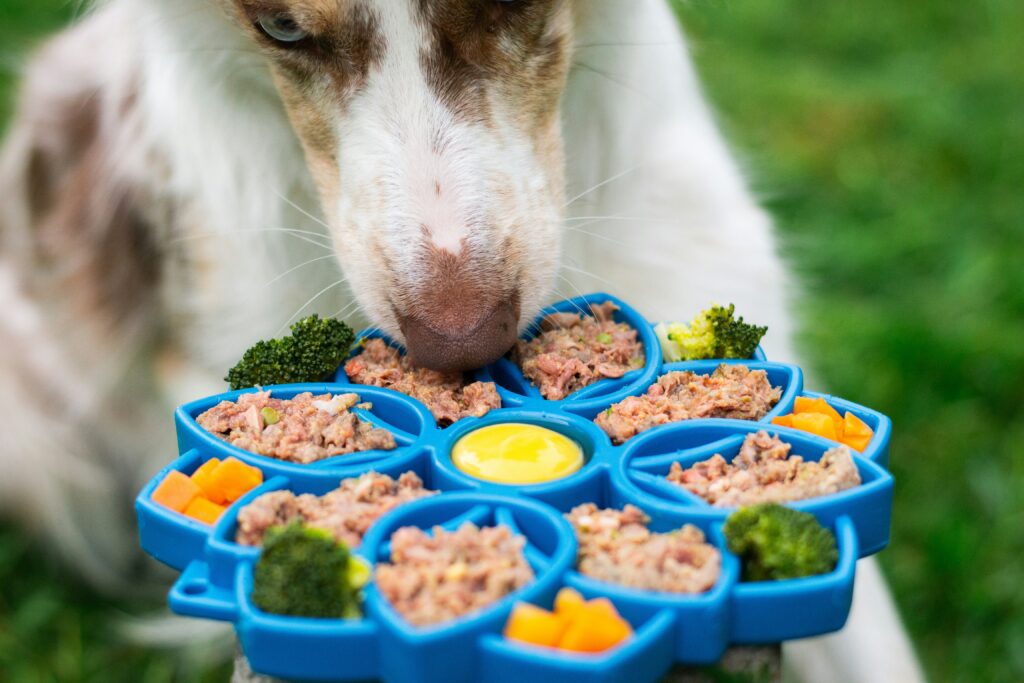Best Food for Puppies
Bringing home a new puppy is an exciting and joyful experience—but it also comes with the responsibility of giving your pup the best start in life. One of the most important parts of raising a healthy, happy dog is choosing the right food. Puppies aren’t just small dogs; their nutritional needs are very different, and the wrong food could impact their growth, energy, and long-term health.
Why Puppy Nutrition Is Different
Puppies grow at an astonishing rate in their first year of life. During this stage, their bones, muscles, immune systems, and brains are developing rapidly. This growth requires a carefully balanced diet that provides enough calories, protein, fat, and essential nutrients without overfeeding.
Unlike adult dogs, puppies need:
-
Higher Protein and Fat: Fuel for growth and boundless energy.
-
Extra Calories: To support daily play and development.
-
Calcium and Phosphorus: Essential for strong bones and teeth.
-
DHA (an Omega-3): Helps support brain and eye development.
 Key Nutrients to Look For
Key Nutrients to Look For
-
Protein (22–32%)
Protein is the building block of growth. Look for high-quality sources like chicken, lamb, salmon, or turkey. -
Healthy Fats
Fat supports brain function, skin health, and energy. Look for foods with fish oil, chicken fat, or flaxseed. -
Balanced Calcium and Phosphorus
Essential for growing bones, especially in large-breed puppies who are prone to joint issues. -
DHA and EPA
These omega-3 fatty acids are critical for brain development and learning. -
Digestible Carbohydrates
Sweet potato, brown rice, or oatmeal provide quick energy without upsetting sensitive puppy tummies.
Choosing the Right Puppy Food
-
Breed Size Matters
-
Small Breed Puppies: Need calorie-dense food to match their fast metabolisms.
-
Large Breed Puppies: Need carefully balanced calcium to prevent joint problems.
-
-
Wet vs. Dry Food
-
Dry Food (Kibble): Helps keep teeth clean and is convenient.
-
Wet Food: Often more appealing to picky eaters and provides hydration.
-
-
AAFCO Approval
Look for food labeled as “complete and balanced” for growth or all life stages.
 Feeding Schedule for Puppies
Feeding Schedule for Puppies
-
8–12 weeks: 4 meals per day
-
3–6 months: 3 meals per day
-
6–12 months: 2 meals per day
Keeping a regular feeding routine helps with digestion and potty training.
Foods to Avoid for Puppies
-
Table scraps, especially fatty foods
-
Chocolate, grapes, raisins, and onions
-
Raw bones (risk of splintering)
-
Foods with artificial dyes or preservatives
Final Thoughts
Choosing the best food for your puppy sets the foundation for a lifetime of health and happiness. Focus on high-quality ingredients, the right balance of protein and fat, and nutrients designed for growth. With proper nutrition, your pup will have the energy to explore, learn, and grow into a strong, healthy dog.
Because the journey from tiny paws to full-grown best friend is fueled by the food you choose today. 🐾



